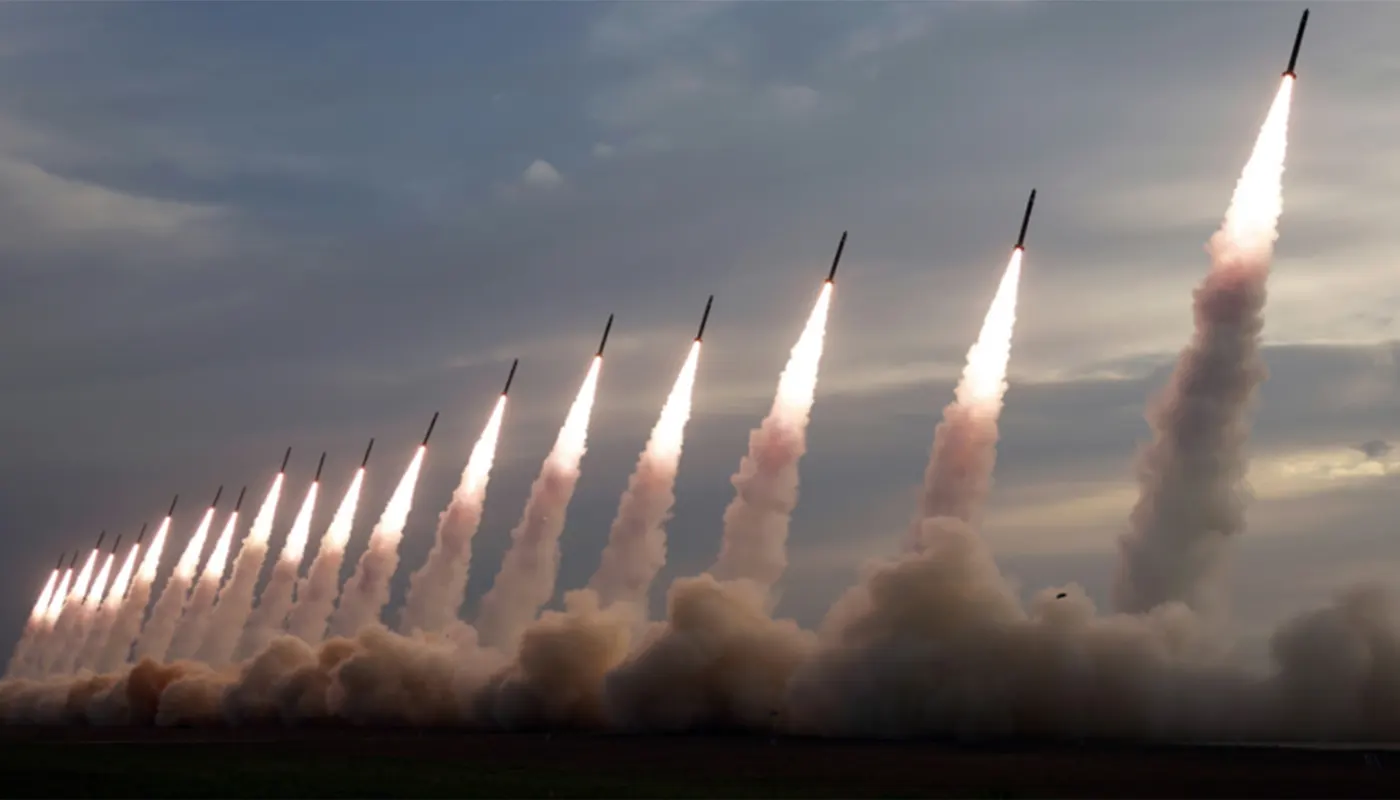In a significant escalation of its ongoing conflict with Israel, Iran launched a fresh salvo of ballistic missiles early Saturday morning targeting Israeli-controlled territories, marking at least the 18th wave in the multiphase Operation True Promise III.
Strikes and Impact
According to Tehran-based Iranian state media, approximately 10 missiles were launched toward areas around Tel Aviv, resulting in multiple loud explosions heard citywide. State television and international outlets provided visuals showing missiles streaking across the skies above “occupied territories” (Israel) amid dramatic audio accompaniments.
The Israeli military activated air raid sirens nationwide. While the Iron Dome intercepted most threats, some missiles reportedly penetrated defences, causing shrapnel injuries—accounts of two people hit by shrapnel in Haifa have been confirmed. Earlier salvos included one successful strike on Be’er Sheva that evaded interception, with videos showing heavy smoke over the city.
Military and Diplomatic Fallout
The Iranian Revolutionary Guard confirmed that the missiles targeted strategic military and intelligence sites in “occupied territories”. Despite these violent exchanges, Tehran’s foreign minister reaffirmed openness to diplomacy—but only if Israeli airstrikes cease.
Simultaneously, European diplomats continue talks in Geneva aiming to de-escalate the crisis, though no agreement has yet emerged.
Global Concerns
The United Nations, alongside prominent nations such as the U.S., UK, and France, has expressed alarm at the escalation and voiced concerns over rising civilian casualties and mounting regional instability. More than 650 Iranian civilians have reportedly been killed in retaliatory Israeli strikes, with thousands injured . Meanwhile, Israel has suffered civilian casualties and infrastructure damage from repeated Iranian missile barrages .
What Comes Next
- Iran appears poised to continue its coordinated offensive barrages under Operation True Promise III.
- Israel has pledged ongoing counterstrikes, including further targeting of Iranian missile production and nuclear facilities.
- Diplomacy remains under strain—progress hinges on halting active military strikes from both sides.
- The potential for broader regional spillover continues to worry policymakers, with global energy markets and humanitarian stability at risk.
The situation remains highly volatile and subject to rapid change. International monitoring of missile exchanges and diplomatic negotiations will shape the coming days.





